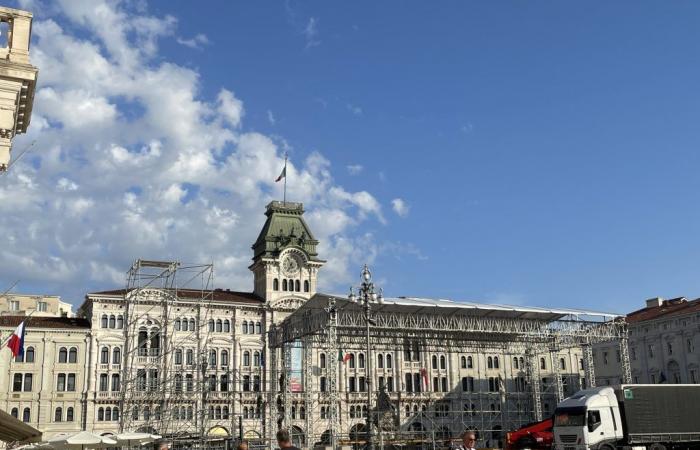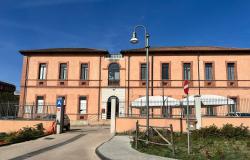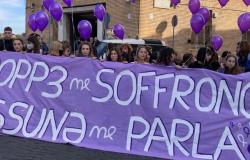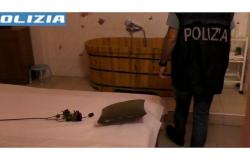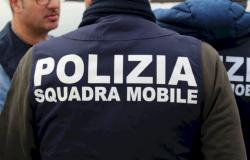Ready, steady, go. The 50th Social Week of Italian Catholics officially opens its doors tomorrow with the inaugural ceremony attended by the President of the Republic, Sergio Mattarella. At the heart of democracy (Participating between history and future)this is the chosen theme, really goes “to the heart” of the political, social and ecclesial issues that we are all experiencing in these years of “transition” and that concern work, precariousness, war and peace, the economic crisis and the difficulties of democracies. And perhaps it is no coincidence that it is precisely Trieste, a frontier city, of borders and border crossings, that hosts an event that is likely to become one of the most important events at the media level, not only ecclesial, of the 2000s. In Trieste, Italian Catholics will have their say.
At the heart of democracy
At the heart of democracy is not just an easy slogan to decline in conferences and reflections. It is in reality substantial democracy, a desire for widespread solidarity, political participation and social inclusion. At a more ecclesial level, the acid test for a synodality which is the face, today, of a Church that wants to open a discussion with all the people of God on how to announce the Gospel in a frayed world, perpetually at war, divided between superficial democracies and evident poverty.
Trieste is preparing to welcome all this. With reflection, of course. But also and above all with the squares of democracy hey villages of good practicesin which he also participates Italian Catholic Action and Ave Publishing House. A moment to reflect on the most ecclesial themes with delegates arriving from all over Italy, and another moment, even more important, to bring together, discuss and participate in the public agora and therefore in the city, with the city and through the city, even those who are not delegated to the Social Week. Democracy is made together.
Trieste, the centre of Europe and the Mediterranean
Trieste at the center of the renewal of good practices of democracy and participation. The Trieste of Franco Basaglia and of the “liberation” of mental illness, the city of science and technology, in a crossroads of embraces that envelop the Balkan route and the immigration of Eastern Europe, its historic cafes and its very particular propensity to look at Central Europe and the southern Mediterranean.
It is a path, notes Elena Granata, vice president of the Scientific Committee and organizer of the Social Week, where women and men recognize themselves in the values of peace, brotherhood, welcoming foreigners, attention to young people and the most fragile, want to protect the environment and nature, and are willing to spend themselves and give their lives for these ideals. And, at the same time, a path where “there are populist pressures that want to convince citizens that it is better to rely on the power of one or a few, rather than cultivating the effort of sharing, negotiating, discussing, democratically around the great problems of the country. There are pressures to separate the north from the south, the richest from the poorest, the able from the disabled, citizens from foreigners, men from women”.
Catholics want to count
The Social Week of Trieste is a historic opportunity for all Italian Catholics and for the Italian Church. Catholics, associations, movements, the vast world of volunteers and parishes, are there. They want to have their say in the great ecclesial family and even more in political choices, see the criticisms expressed also by the CEI to the reform project wanted by the Government on differentiated autonomy. As a whole to redefine the objectives and practices of synodality, but also to be credible christians in the conflicts of today’s world.
Sunday 7 July Pope Francis will conclude the event with a solemn Eucharistic celebration in Piazza Unità, one of the most beautiful European squares overlooking the Mediterranean.
The hope is that this critical vigilance and renewed willingness and commitment to the “good politics” of Italian Catholics will not stop in Trieste. The Church, but above all the country, needs it.

